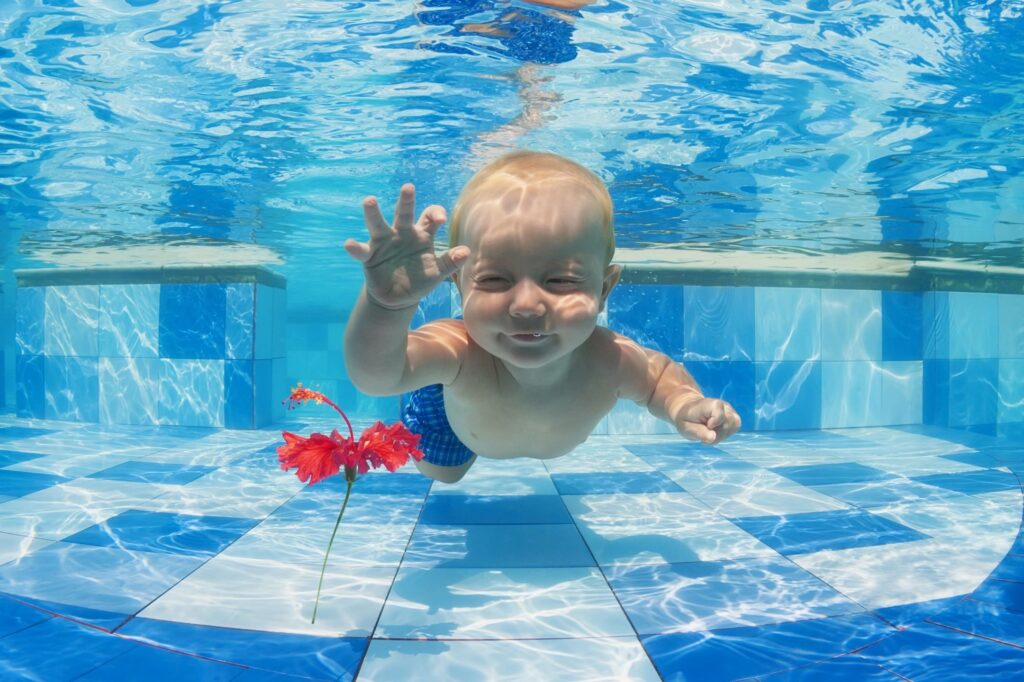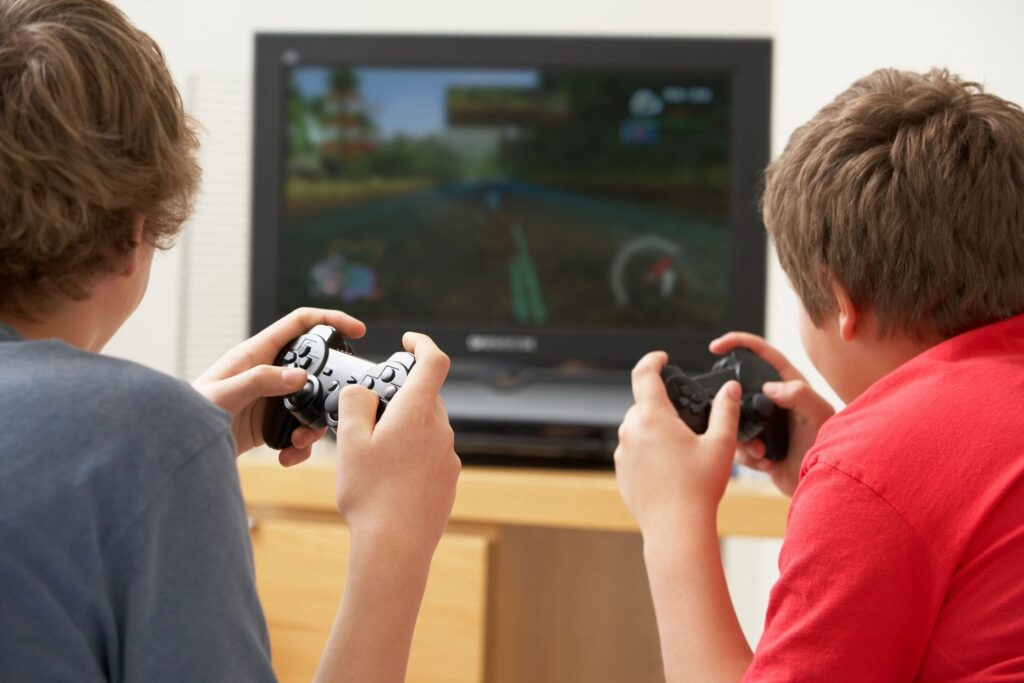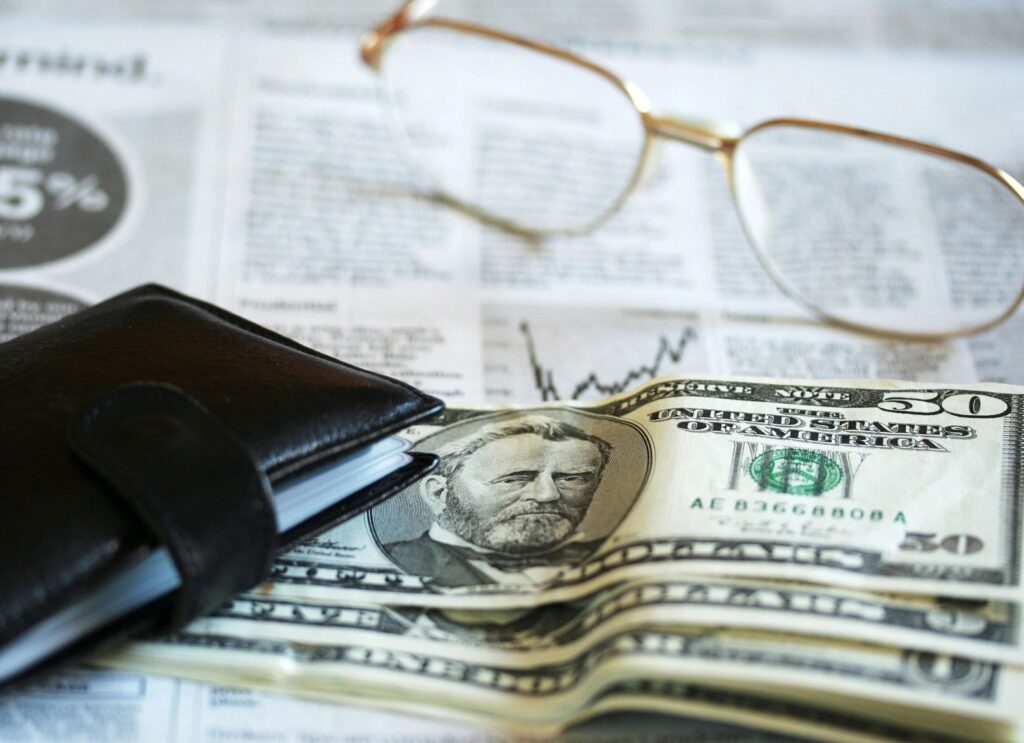Behavioral Psychology
Where Do Pointing Gestures Come From?
Pointing is a basic type of human communication. Before they start talking, babies start pointing. A pointing gesture can mean different things, such as “look at that?” or “what is that?” or “I want that!” There’s something fundamental about these uses of pointing. Even apes use pointing for multiple functions such as drawing someone’s attention…
Read MoreWhy You Shouldn’t Drink and Click
Alcohol is something that doesn’t go with certain activities. Driving is the most obvious example. And it turns out that browsing the internet may be another one. A new paper titled Combined Use of Alcohol and the Internet: Associated Features suggests that people who drink while using the internet are setting themselves up for regrets.…
Read MoreAre Video Games Linked to Aggression? Researchers Can’t Agree
Whether violent video games go hand-in-hand with violence in real life seems like exactly the kind of question we should send over to the psychology researchers. And psychology researchers do have an answer. Actually, they have several different answers that contradict each other. First, I’ll give you the results of the most recent study published…
Read MoreDesire Thinking Is Common to Different Types of Addiction
Whether it’s addiction to a substance or addiction to a behavior, different types of addiction share certain features. Generally, these involve a strong urge to engage in some type of rewarding behavior despite negative consequences. For psychologists, understanding what ties together different forms of addiction is a key to learning more about how addiction works.…
Read MoreGratitude Might Be a Foundation for Ethical Behavior
Many psychologists believe that gratitude is an especially powerful emotion. People who are more grateful tend to be happier, with higher emotional intelligence. They may also be more ethical, according to a new study. In a paper titled The Grateful Don’t Cheat: Gratitude as a Fount of Virtue, researchers from Northeastern University and Pennsylvania State…
Read MoreThe Character Traits of Productive Procrastinators
In the traditional telling of the story, procrastination is the arch-enemy of productivity. The more you procrastinate, the less you get done. But psychologists who study procrastination have questioned that narrative. A 2005 study proposed that there are two types of procrastinators: so-called active and passive procrastinators. Passive procrastinators are your typical procrastinators who struggle…
Read MoreSpending Habits Can Reveal Personality Traits
Among the various types of data that are being collected about you while you browse the internet, you can bet that your spending habits are one of them. That raises the question of just how much someone knows about you when they have a record of your purchases. There are some obvious conclusions that can…
Read MoreWhat Do Internet Addiction and Smoking Have in Common?
No, that question isn’t the beginning of a bad joke. But it could be the beginning of a psychology study. In fact, a team of researchers in China recently did take it as the starting point for a study. In attempting to answer the question, they honed in on one factor that has previously been…
Read MorePsychedelic Encounters With “Higher Powers” Have Lasting Spiritual Effects
When someone says they’re “ready to meet their maker,” they don’t usually mean they’re about to drop acid, but encounters with “higher powers” are in fact a common effect of psychedelic drugs. A new study shows the extent to which these encounters can lead to lasting spiritual and psychological changes. The study is the result…
Read MoreMore Compassionate People Can Prefer Harsher Punishments
A compassionate disposition and a desire to see someone get their “just deserts” might not seem to go together. But a new study suggests that people who are more compassionate also prefer to see harsher punishments doled out when someone perpetrates an injustice against others. As part of the study, published in Journal of Personality…
Read More









